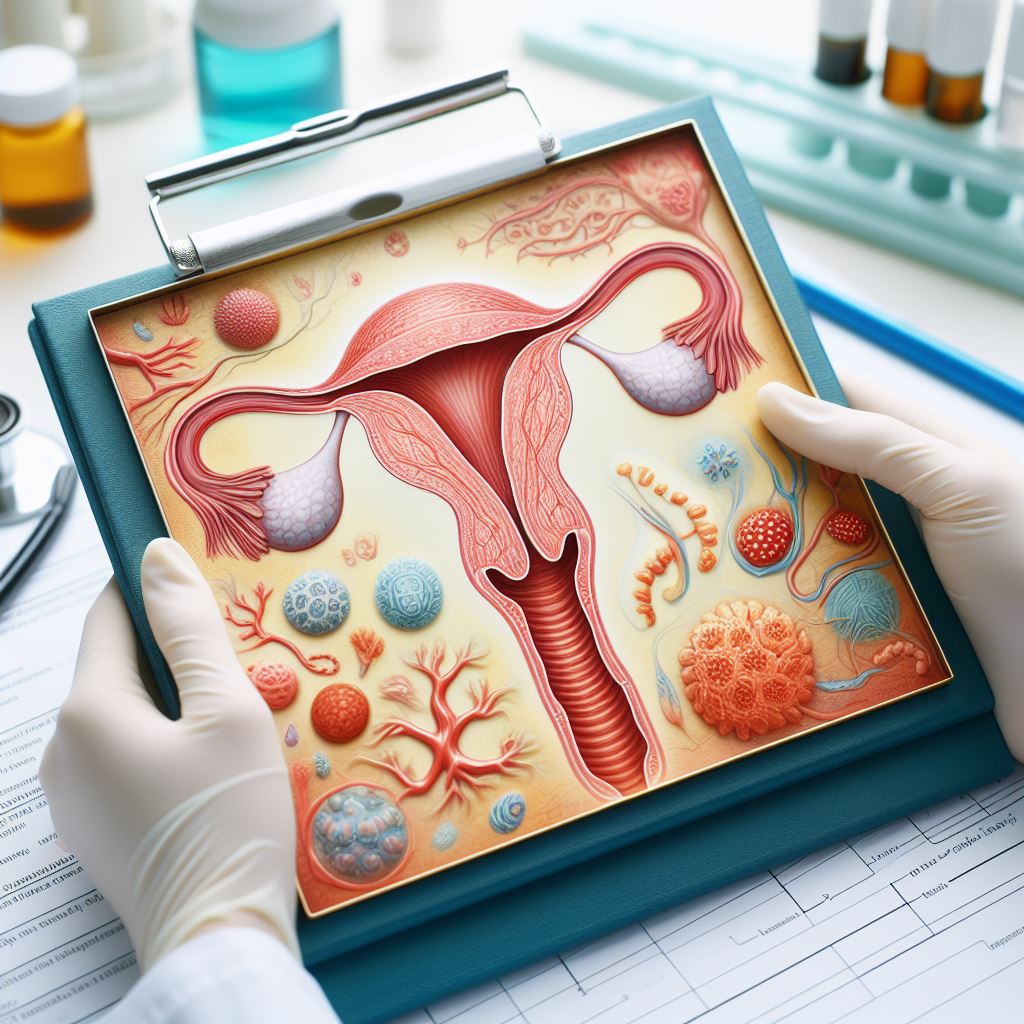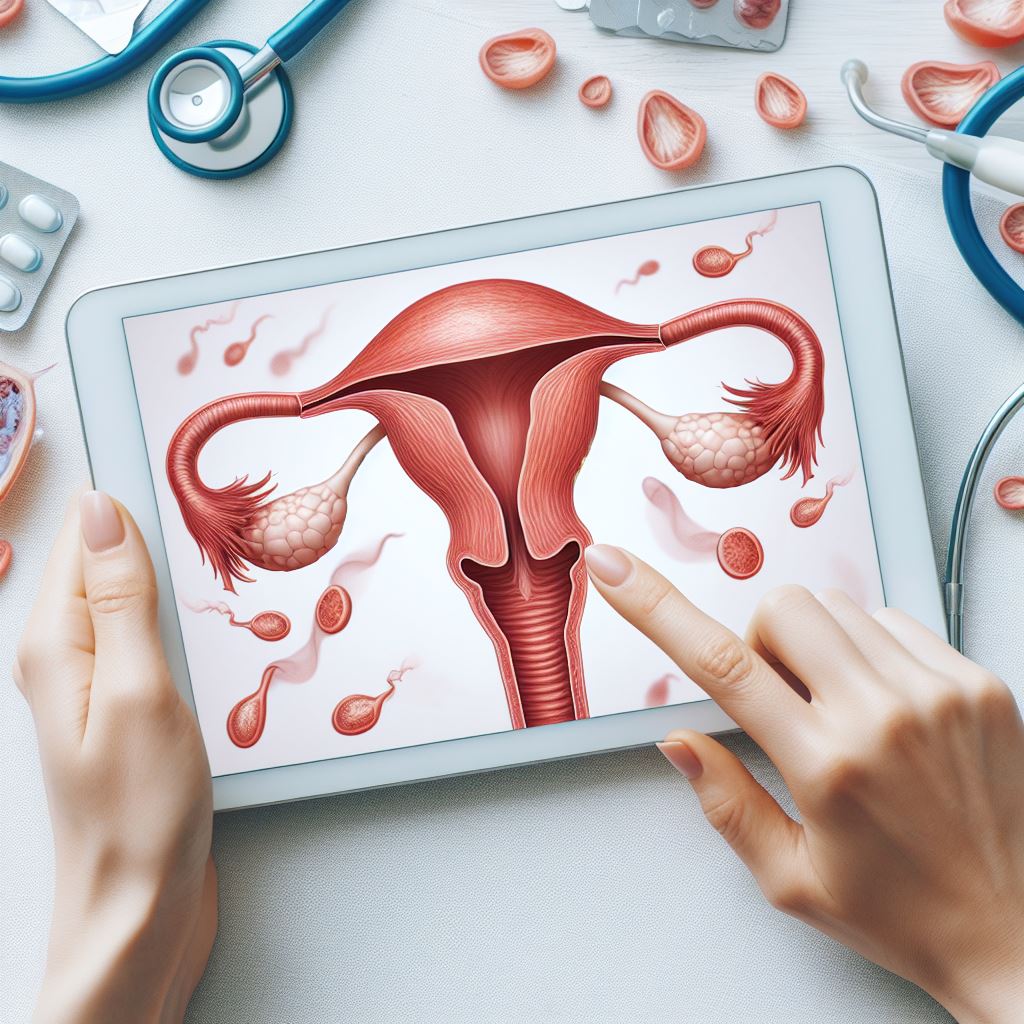Introduction:
Reproductive disorders represent a significant challenge for many individuals and couples on their journey to parenthood. Understanding these conditions, their impact on fertility, and the available treatment options is essential for those who are navigating this complex landscape. This comprehensive guide aims to shed light on common reproductive disorders, offering evidence-based information and practical advice to empower and support those affected. From hormonal imbalances to structural issues, we’ll explore the myriad ways in which reproductive health can influence fertility, and the steps you can take to enhance your reproductive wellness.
Polycystic Ovary Syndrome (PCOS) and Fertility
Polycystic Ovary Syndrome (PCOS) is a common hormonal disorder affecting women of reproductive age, characterized by irregular menstrual cycles, excess androgen levels, and polycystic ovaries. Women with PCOS often experience challenges with ovulation, which can directly impact fertility. Lifestyle modifications such as weight management, a balanced diet, and regular exercise can improve symptoms and fertility outcomes. Medical treatments may include ovulation induction with medications like Clomiphene or Metformin. For those struggling to conceive, assisted reproductive technologies (ART) like In Vitro Fertilization (IVF) can offer a viable path to pregnancy.
Endometriosis and Its Impact on Fertility
Endometriosis is a condition where endometrial tissue, which normally lines the uterus, grows outside the uterine cavity, often causing pain and infertility. It can lead to anatomical distortions and inflammation, adversely affecting egg quality, ovulation, and embryo implantation. Treatment strategies vary based on the severity of the condition and the individual’s fertility goals. They can range from hormonal therapies to mitigate symptoms, to surgical interventions aiming to remove endometrial growths and improve fertility prospects. In cases where natural conception is challenging, ART may be recommended.
Uterine Fibroids and Fertility
Uterine fibroids are noncancerous growths in the uterus that can affect fertility depending on their size and location. They can obstruct the fallopian tubes or interfere with the implantation of the embryo. Treatment depends on the fibroids’ characteristics and may include medication to regulate hormone levels or surgical options like myomectomy to remove fibroids while preserving uterine health. For those facing difficulties in conceiving, fertility treatments such as IVF may be considered.
Male Factor Infertility
While often overlooked, male factor infertility accounts for a significant portion of fertility challenges. Issues like low sperm count, poor sperm motility, or abnormalities in sperm shape can hinder the ability to conceive. Factors contributing to male infertility include lifestyle choices, environmental exposures, and health conditions. Treatment may involve lifestyle changes, medication, or surgical procedures. Assisted reproductive techniques, such as Intrauterine Insemination (IUI) or IVF with Intracytoplasmic Sperm Injection (ICSI), are often effective in overcoming male infertility barriers.
Conclusion
Reproductive disorders can be daunting, but understanding these conditions and exploring available treatments opens up pathways to parenthood. Remember, you are not alone in this journey. For personalized support and guidance, consider reaching out to Eileen, a fertility coach and yoga teacher, who can provide tailored strategies and compassionate care to help you navigate your fertility journey.






